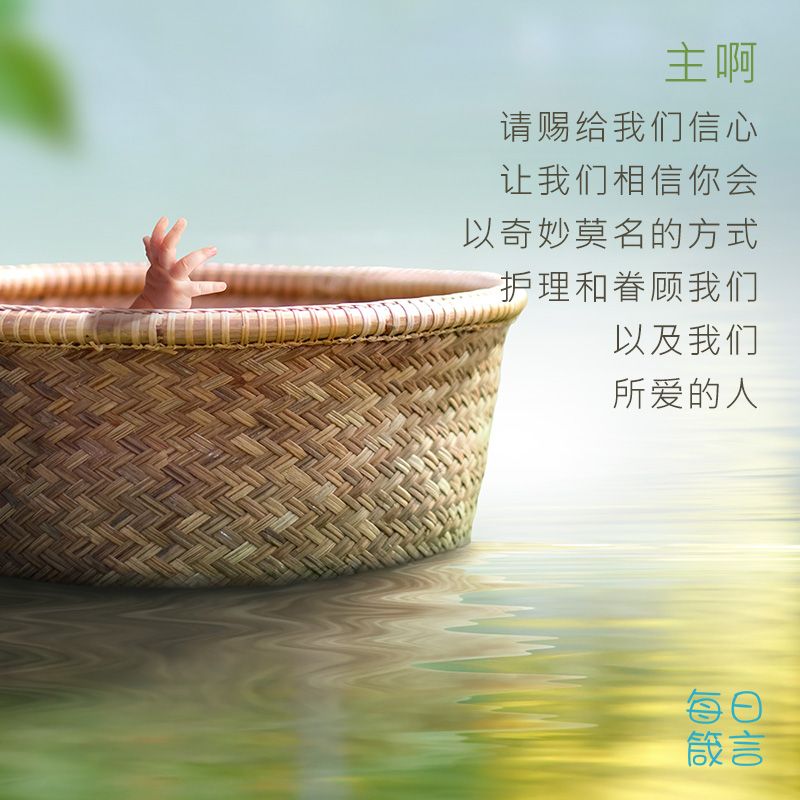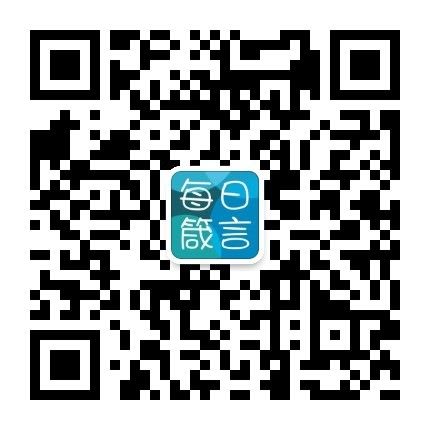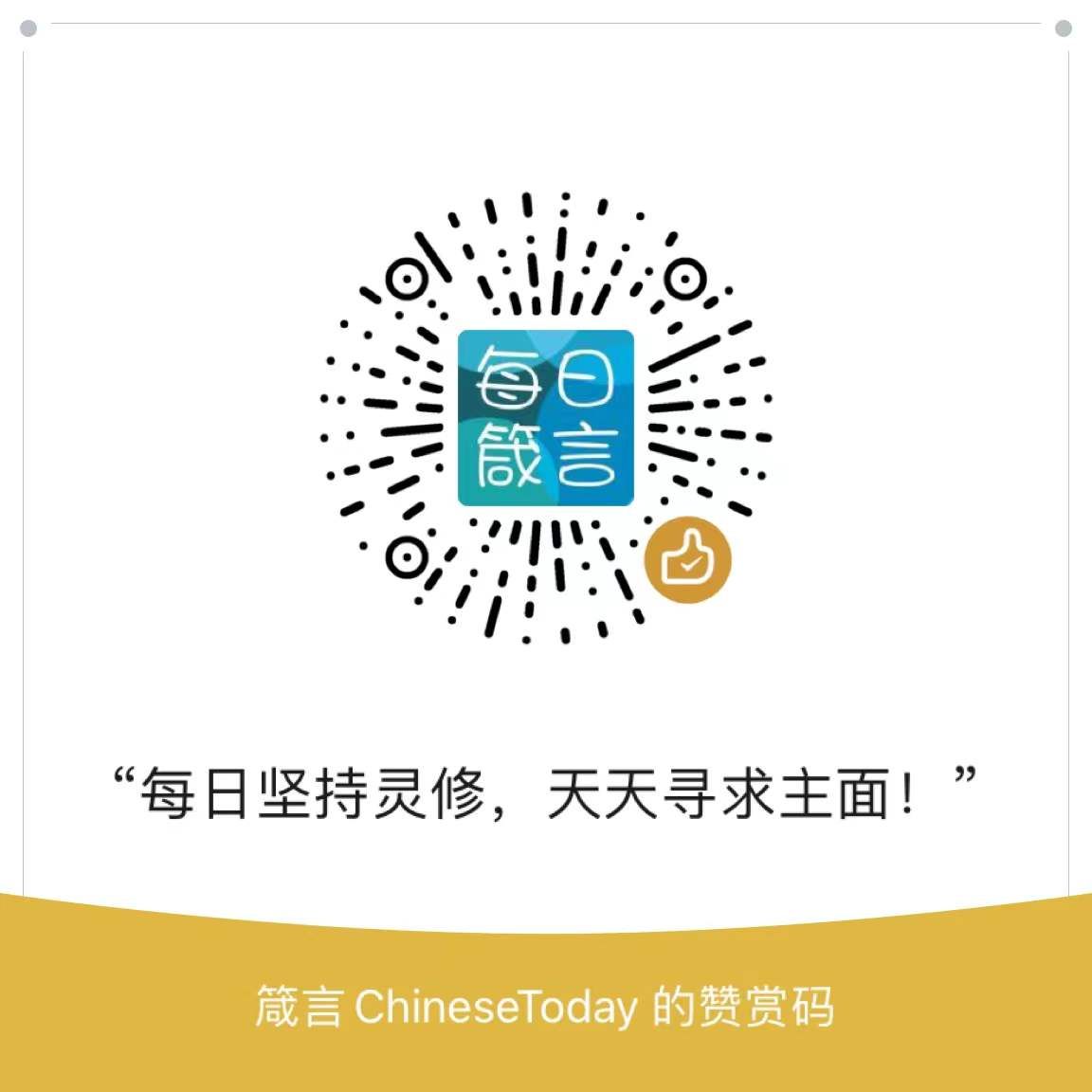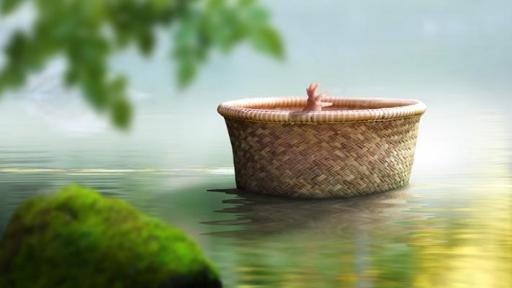“就取了一个蒲草箱……将孩子放在里头,把箱子搁在河边的芦荻中。” – 出 2:3
在我们今天所读的经文中,神的子民以色列人(希伯来人)生活在埃及,他们在那里世代为奴。他们在约瑟治理埃及的时代(出 1章)来到埃及生活,后来曾一度繁荣兴盛,但后来一位新国王担心以色列民族会发展得过于庞大和强势,强迫他们成为奴隶。法老甚至想把以色列的男婴扔进尼罗河溺水杀害。由于埃及残暴如野兽,旧约的一些作者称埃及帝国为“拉哈伯”,这是一个神话中象征大海及其中带来混乱的怪物的名字(见诗 89:10; 赛 30:7; 51:9-10)。
神对祂子民的拯救始于水,这真是对埃及人莫大的讽刺。一位希伯来母亲把她的男婴藏在一个箱子里,放在尼罗河边的芦苇丛中。“箱子”在希伯来语中也有“方舟”的意思。这是否会让我们想起挪亚和他的家人从洪水中获救的情景呢(创 8章)?
法老的女儿发现了这个婴孩,决定把他当作自己的儿子来抚养。她还给他取名摩西,说:“因我把他从水里拉出来”。后来,摩西成为神藉以对抗法老、带领以色列人脱离奴役的领袖(出 3-12章)。
于是,神从怪物拉哈伯(埃及)手中拯救了祂的子民。本来可能凶险致命的水,却成了神拯救的通道。
祷告
主啊,请赐给我们信心,让我们相信你会以奇妙莫名的方式护理和眷顾我们以及我们所爱的人。阿们。

出埃及记 2:1-10
1有一个利未家的人娶了一个利未女子为妻。
2那女人怀孕,生一个儿子,见他俊美,就藏了他三个月。
3后来不能再藏,就取了一个蒲草箱,抹上石漆和石油,将孩子放在里头,把箱子搁在河边的芦荻中。
4孩子的姐姐远远站着,要知道他究竟怎么样。
5法老的女儿来到河边洗澡,她的使女们在河边行走。她看见箱子在芦荻中,就打发一个婢女拿来。
6她打开箱子,看见那孩子。孩子哭了,她就可怜他,说:“这是希伯来人的一个孩子。”
7孩子的姐姐对法老的女儿说:“我去在希伯来妇人中叫一个奶妈来,为你奶这孩子,可以不可以?”
8法老的女儿说:“可以。”童女就去叫了孩子的母亲来。
9法老的女儿对她说:“你把这孩子抱去,为我奶他,我必给你工价。”妇人就抱了孩子去奶他。
10孩子渐长,妇人把他带到法老的女儿那里,就做了她的儿子。她给孩子起名叫摩西,意思说:“因我把他从水里拉出来。”
Drawn From The Water
“She got a papyrus basket . . . and placed the child in it and put it among the reeds along the bank of the Nile.” – Exodus 2:3
In our reading today, God’s people Israel (the Hebrews) were living in Egypt, and they had been slaves there for generations. Their people had flourished after coming to live there in the time of Joseph (Exodus 1), but later a new king, driven by fear that Israel would grow too big and powerful, forced them into slavery. The king, Pharaoh, even tried to kill Israel’s baby boys by having them thrown into the Nile River. Because of Egypt’s beastly brutality, some Old Testament writers called the Egyptian empire “Rahab,” the name of a mythical monster that symbolized the sea and its chaos (see Psalm 89:10; Isaiah 30:7; 51:9-10).
There is great irony here that God’s rescue of his people begins with water. A Hebrew mother hides her baby boy in a basket and sets it among the reeds along the Nile River. The Hebrew word for “basket” can also mean “ark.” Does that remind us of Noah and his family being saved from the flood (Genesis 8)?
Then the daughter of Pharaoh finds this baby and decides to raise him as her son. She names him Moses, saying, “I drew him out of the water.” And later Moses becomes the leader God uses to confront Pharaoh and to lead Israel out of slavery (Exodus 3-12).
So God rescues his people from the monster Rahab (Egypt). And the water, which could have been deadly, turns out to be a passageway to deliverance by God’s hand.
Prayer
Lord, give us faith to trust in you to preserve and care for us and our loved ones in surprising ways. Amen.
诵读: 骆云秀
片头: 张妙阳



